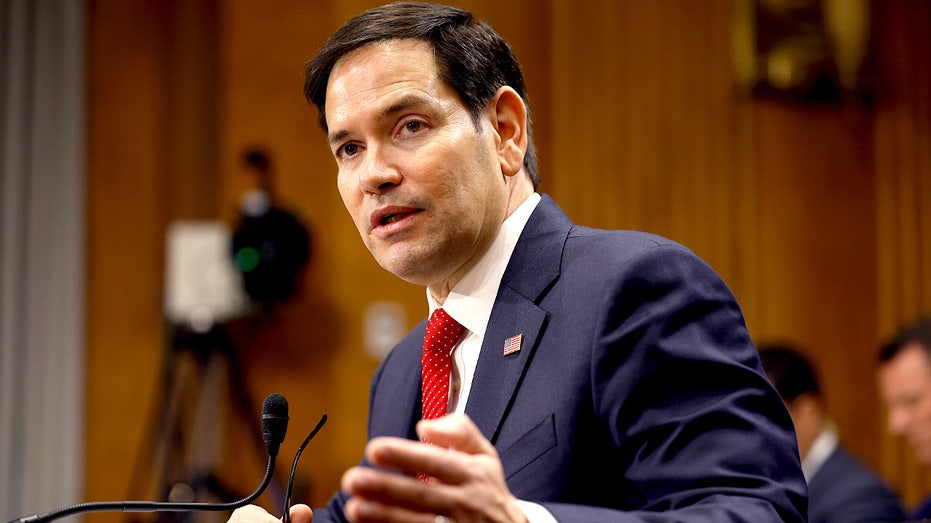Secretary of State Marco Rubio recently delivered a forceful condemnation of what he termed “dishonest” efforts by some Democrats to falsely associate him with the enduring Trump Russia Allegations concerning the 2016 presidential election. His remarks underscore a deepening divide within US Politics regarding the narrative surrounding past electoral events and the integrity of related investigations.
Speaking on a prominent radio program, Marco Rubio vehemently dismissed claims connecting him to any purported collusion, asserting that these widely circulated narratives constitute a concerted Political Disinformation campaign. He emphasized that such allegations are designed to mislead the public and serve partisan agendas, drawing a clear line between legitimate concerns and what he views as baseless accusations.
As former chairman of the Senate Intelligence Committee, Rubio detailed his personal oversight into the matter, revealing that his thorough investigation yielded “zero, zilch proof” of coordination between the Trump campaign and Russia during the 2016 Election. This finding starkly contrasts with interpretations put forth by some opposition figures, who point to evidence of broader “Russian meddling” in the election process.
However, critics within the Democratic party have accused Marco Rubio of attempting to reinterpret or downplay established findings, suggesting a selective focus on aspects that align with his political stance. These lawmakers maintain that while direct collusion might not have been proven, the broader context of foreign interference remains a significant concern for the Intelligence Community.
Rubio, in response, sharply rebuked those who he believes intentionally conflate his observations about Russian activities with the distinct question of President Trump’s direct involvement. He labeled such tactics as “dishonest,” arguing that they blur essential distinctions and perpetuate misleading narratives about the Trump Russia Allegations.
The controversy intensified following recent document releases by National Intelligence Director Tulsi Gabbard, which allegedly reveal how the Obama administration may have politicized intelligence gathering around the 2016 Election. These documents have since been forwarded to federal agencies, including the FBI, to assess their potential criminal implications.
Despite the formal referral, numerous Democratic lawmakers have publicly expressed significant disappointment and skepticism regarding Director Gabbard’s assertions. Their reactions highlight the ongoing, contentious debate within US Politics over the handling and interpretation of sensitive intelligence information and its historical context, particularly when it pertains to the contentious Trump Russia Allegations.






Leave a Reply